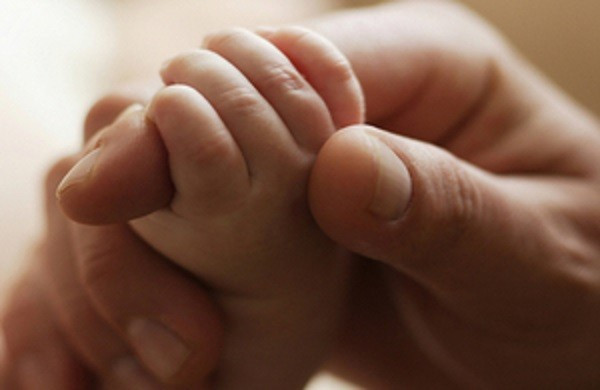The world's first baby with '3 parents' could be born in UK by 2016

The first child to be conceived by using the biological material of three 'parents' - a man, woman and female donor - could be born in the UK as early as 2016 after the House of Lords voted through the controversial legislation.
Sometimes we are accused of playing god. We do not try to supplant God. We try to augment his works
The change was being sought to help people who have a genetic flaw in their mitochondria - compartments in human cells that convert food into energy. Some women have tiny flaws in their mitochondria which make this process too inefficient for a person to survive and are faced with the agonising decision whether or not to risk having children.
As a result of the vote, carried by 280 to 48, clinics will be able to perform "mitochondrial donation" where a second woman's mitochondria is combined with the natural parents' DNA. Although only affecting the baby's DNA by 0.1%, the change would be passed down through the generations. The DNA does not have any impact on looks or personality.

The procedure has been criticised by religious figures, and last week a group of 50 MEPs said the legislation would "violate the fundamental standards of human dignity and integrity of the person."
A group of Italian MPs called on Britain not to go ahead with the research, telling the Lords it "could have uncontrollable and unforeseeable consequences" and would "affect the human species as a whole."
Addressing the House before the vote, Labour peer Lord Winston said "It would be utterly wrong for this house to turn down the democratically elected chamber."
The interests of patients were paramount, said Lord Winstone. "Sometimes we are accused of playing god. We do not try to supplant God. We try to augment his works."
Health Minister Lord Howe told the House: "My own position, shared by ministerial colleagues, is very simple. Families can see the technology is there to help them and are keen to take it up. It would be cruel and perverse in my judgment to deny them that opportunity for any longer than absolutely necessary."
© Copyright IBTimes 2025. All rights reserved.






















